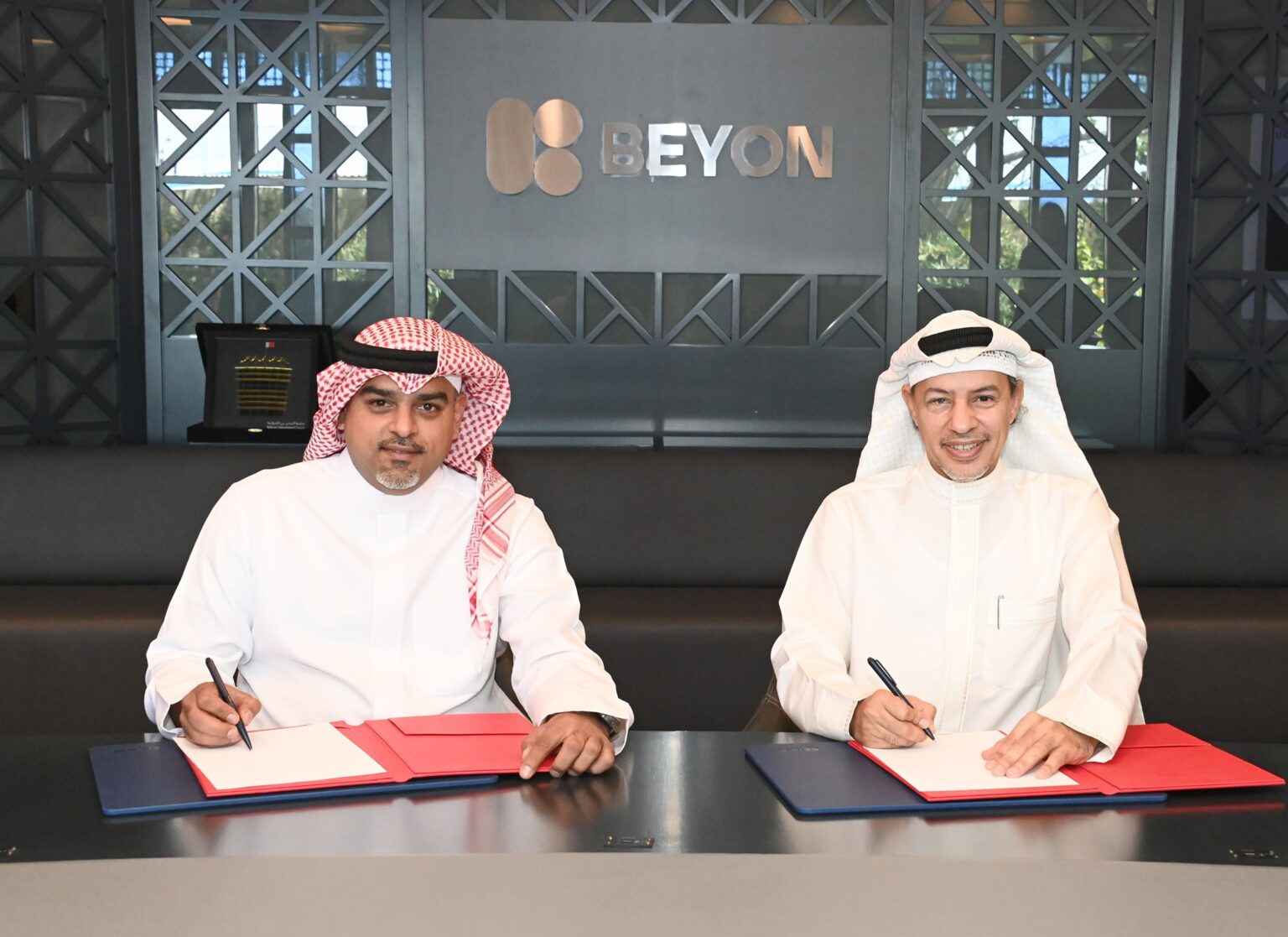AI-Powered Coding Tools Are Here to Help—Not Harm—Your Job, Insist IT Experts
Even as code development tools get more sophisticated, thanks to generative AI, vendors and other tech pros say nothing replaces the human touch
Generative artificial intelligence tools designed to automate the process of writing computer code are unlikely to offset a shortage of software engineers—let alone put them out of a job, enterprise-technology leaders said.
Demand for software engineers, developers and programmers has long outpaced supply. In recent months, generative AI has given chief information officers and other corporate IT managers the ability to automate some tasks in the software-engineering life cycle, said Rafee Tarafdar, chief technology officer at Infosys, a business consulting, information technology and outsourcing services firm.
But AI tools aren’t yet sophisticated enough to build working business apps, Tarafdar said. While certain tasks may become outdated as AI-powered coding assistants take them over, “skilled coders will be needed to oversee generated code and documentation,” among other roles, he said.
Tarafdar said he is currently training the company’s engineers and developers to use automated coding tools, including Infosys’ internally built AI coding assistant.
Sparked in part by the popularity of OpenAI’s ChatGPT chatbot, released in November, veteran business software companies, as well as a growing number of tech startups, have been rolling out software applications over the past few months that leverage generative AI technology to write blocks of code from scratch. Trained on massive amounts of data, generative AI tools are designed to produce text, images and code based on users’ natural-language prompts.
Generative AI sales are expected to reach $3.7 billion this year, expanding by an annual growth rate of 58% to an estimated $36 billion by 2028, according to market researcher S&P Global Market Intelligence. Tools designed to generate code are the fastest-growing category, said S&P managing analyst Nick Patience. That growth reflects a dearth of software engineers, which can hinder business growth, Patience said.
Until recently, low- and no-code software development platforms, which are designed to require minimal input to develop apps, were among the few ways employers could bridge that gap, said Jithin Bhasker, a general manager and vice president at a cloud-based enterprise software firm ServiceNow. “Generative AI will empower every employee to build and deploy automation at scale,” he said.
Despite growing interest for the tools among companies across industries, it is still early days for adoption, with many use cases still in pilot. CIOs have voiced concern that tools designed to lower the bar for code creation could lead to increased technical debt and orphan code. Technical debt refers to imperfect technology deployed to meet immediate needs with the knowledge that its imperfections will require redress in the future.
Still, tech companies are moving fast to capture a share of the market. Databricks, a data-storage and management vendor, on Wednesday released a generative AI tool designed to enable employees to use natural-language prompts, rather than code, to mine a company’s data for business insights—handling a task typically left to data scientists and programmers.
But it isn’t meant to replace them outright, said Databricks Chief Executive Ali Ghodsi. By handling code, the tool allows developers to focus on more innovative, proactive projects, while employees outside of tech hubs still have access to business data without the need for special training or coding skills, Ghodsi said.
Similarly, an AI-powered coding assistant launched in March by software firm Sourcegraph is designed to answer users’ technical questions, fix bugs in existing code and generate new code. It is meant to enhance the work of engineers and developers, said CEO Quinn Slack, adding that developers will be freed up to perform higher-level projects, rather than get bogged down by endless lines of basic code.
Thomas Dohmke, CEO of Microsoft-owned coding-collaboration platform GitHub, said that more than 20,000 organisations are currently using GitHub Copilot, a code-generating tool created in partnership with OpenAI and launched last year. In March, GitHub released a ChatGPT-like version of the tool, designed to enable users to interact with the tool through natural-language prompts.
Dohmke said companies are using the new tool for everything from explaining blocks of code to proposing fixes for bugs. “Technology that is not sentient cannot replace human creativity, it can only help deliver it,” Dohmke said. “Right now, AI is really just a probability machine, a co-pilot that is symbiotically dependent on its human pilot to build the world’s software.”
Vlad Magdalin, co-founder and CEO at Webflow, which sells cloud-based software for building and hosting websites, said he has embraced the new automated coding tools. Speaking this week at Collision, a technology conference in Toronto, Magdalin said simplifying the task of writing code saves time and raises expectations of productivity for developers. “It doesn’t mean that a developer is working 30 hours fewer,” he said.
“It’s not a magical tool that removes the need for a human,” Magdalin said.
 Copyright 2020, Dow Jones & Company, Inc. All Rights Reserved Worldwide. LEARN MORE
Copyright 2020, Dow Jones & Company, Inc. All Rights Reserved Worldwide. LEARN MORE
Chris Dixon, a partner who led the charge, says he has a ‘very long-term horizon’
Americans now think they need at least $1.25 million for retirement, a 20% increase from a year ago, according to a survey by Northwestern Mutual
Providing a high-end smart living experience for residents
In a groundbreaking move, Batelco, a subsidiary of the Beyon Group, has entered a strategic partnership with Grnata, a renowned real estate group, to integrate advanced smart solutions into the Golden Gate residential towers in Bahrain Bay.
The formal agreement was signed at Beyon’s headquarters by Hassan Al Mushaima, Chairman of Grnata Real Estate Group, and Maitham Abdulla, Chief Executive Officer of Batelco, witnessed by representatives from both companies.
This collaboration aims to transform the Golden Gate towers, among Bahrain’s tallest residential structures, into a high-tech haven. Batelco will deploy state-of-the-art technology solutions to enhance residents’ living experience.
A standout feature of this project is the implementation of a bespoke In-Building Solution (IBS), designed to boost wireless signal quality and coverage across all floors, ensuring seamless connectivity. Additionally, cutting-edge video surveillance (CCTV) systems will be installed to enhance security, providing residents with increased peace of mind.

Furthermore, the Golden Gate towers will be equipped with the latest technology systems, enabling residents to remotely control various aspects of their apartments. This includes managing lighting, air conditioning, windows, curtains, and main door access. The system is designed to be future proof, allowing integration with upcoming advancements in home automation, thus ensuring residents benefit from emerging smart home capabilities.
Hassan Al Mushaima, Chairman of Grnata Real Estate Group said: “We are pleased to announce our new strategic partnership with Batelco, Bahrain’s leading telecommunications provider.”
“Batelco’s extensive expertise in smart and digital solutions will be invaluable in equipping the towers with best-in-class connectivity, automation, and intelligent building management solutions. We are excited to leverage Batelco’s innovative capabilities to create a sophisticated and future-ready smart infrastructure for the Golden Gate Towers and provide our customers with the very best modern apartments in the market,” he added.
Maitham Abdulla, Batelco CEO, stated: “We are delighted to partner with Grnata to deliver apartments that match the evolving demands of modern-day living. We are confident that Batelco’s solutions, designed for a contemporary lifestyle, will offer convenience and efficiency, elevating the overall living experience for the Golden Gate towers residents.”
Mr. Abdulla further emphasized, “By integrating the latest smart home features and connectivity throughout the towers, we can provide residents with a lifestyle that is not only luxurious, but also highly convenient, efficient, and secure.” “Batelco is eager to expand its presence within the real estate sector and redefine the standards of contemporary urban living. This partnership with Grnata marks the beginning of an exciting journey, and Batelco looks forward to future collaborations and projects,” he concluded.
Chris Dixon, a partner who led the charge, says he has a ‘very long-term horizon’
Americans now think they need at least $1.25 million for retirement, a 20% increase from a year ago, according to a survey by Northwestern Mutual






















